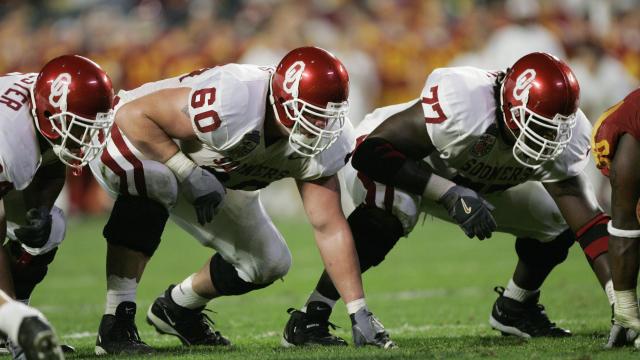Recent findings, including a new study out this week, should reassure people about fears that even mild covid-19 could damage the heart in young and fit people. Despite earlier research that found reason for concern, athletes don’t seem to be at high risk for heart issues related to the viral illness after all.
Last September, a small study of MRI scans from researchers at The Ohio State University raised alarm bells. They found evidence of heart damage, including myocarditis (heart inflammation), in about 45% of 26 college student athletes who had recently gotten covid-19. More worryingly, most of the students were asymptomatic, and none had severe covid-19, which is known to raise the risk of cardiovascular problems.
The findings quickly received lots of attention, as did earlier case reports of myocarditis among student athletes that appeared to play a role in the NCAA postponing several of their sports programs. Colleges and professional sports organisations began to keep a close eye on their athletes through screening. But even at the time, some scientists and doctors were less worried about the implications of this research, arguing that there wasn’t yet strong evidence of the link and that athletes still seemed to be at low risk for serious heart problems related to coronavirus infection.
In March 2021, a study in JAMA Cardiology shared the results of a screening program involving professional athletes across six major sports in the U.S. and Canada (Major League Soccer, Major League Baseball, National Hockey League, National Football League, and the men’s and women’s National Basketball Association). Out of nearly 800 athletes who tested positive for covid-19, 0.6% later appeared to develop inflammatory heart disease. These athletes were pulled from play temporarily but soon returned, and no cases of cardiovascular events occurred during 2020, related to the virus or not.
This week, a similar study of college athletes was published in the journal Cardiology. Out of about 3,000 students who tested positive for the virus and underwent a cardiac exam, 0.7% seemed to have heart inflammation or other damage related to covid-19. None of the athletes seemed to develop serious problems like heart attack as a result, though one person did suffer a cardiac event that was deemed unrelated to their infection.
The findings of these two recent studies suggest that athletes don’t require intense scrutiny and proactive screening for heart issues after they develop covid-19.
“The bigger message is for the athletes who only have mild symptoms or no symptoms; it’s not clear you need to do any testing at all,” co-author Jonathan Drezner, director of the University of Washington Medicine Centre for Sports Cardiology, told ESPN. “And I would be comfortable simply doing a good review of symptoms and making sure when they get back to play, they feel well.”
The entire saga should also provide a good lesson in being careful about how we interpret and talk about emerging covid-19 research. Severe covid-19 does commonly affect the heart, and given how little we knew about the disease at the time (and even today), it wasn’t ludicrous to be worried that milder-seeming cases could still have a big impact on people’s hearts. But the study that prompted the most fear about this risk was very small (26 people), and it’s often true that smaller studies don’t turn out to be validated by larger ones down the line. The same could be said for hydroxychloroquine, the supposed “game-changer” covid-19 treatment that was later found to be ineffective in large clinical trials.
This doesn’t mean we should automatically distrust every small study. At its best, science is a self-correcting process, where theories and hypotheses are verified through multiple lines of research conducted by different scientists. But before that happens, we shouldn’t overhype studies that haven’t had the chance to be put through the ringer.
